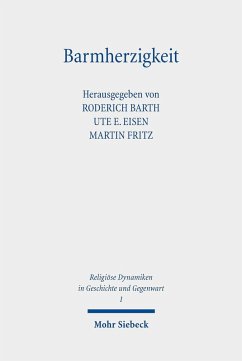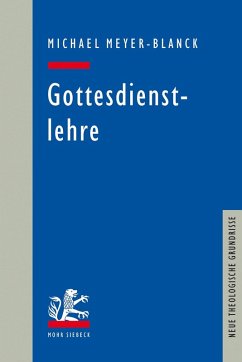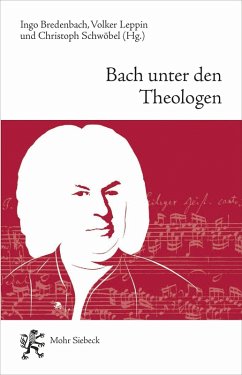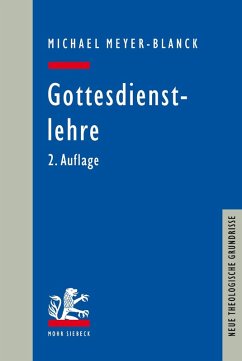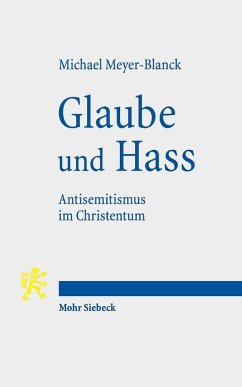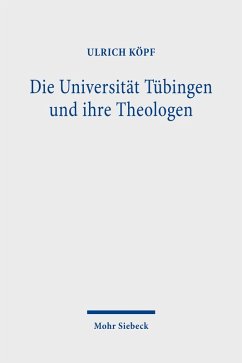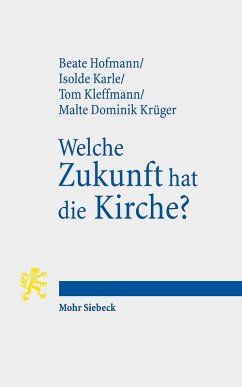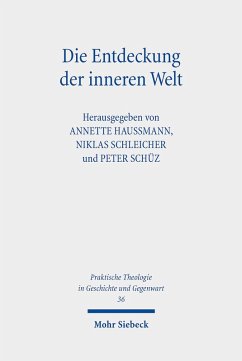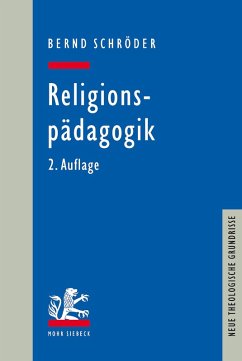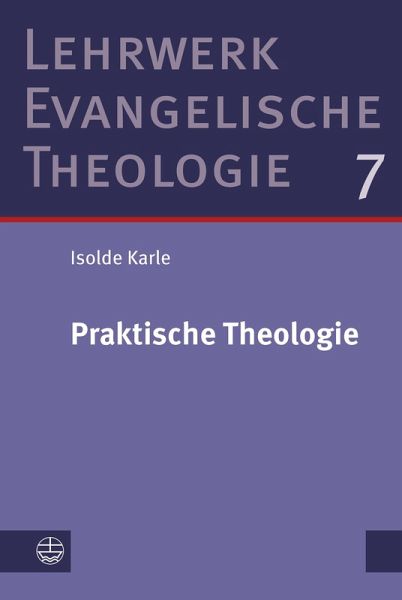
Praktische Theologie (eBook, PDF)
Versandkostenfrei!
Sofort per Download lieferbar
Statt: 58,00 €**
49,99 €
inkl. MwSt. und vom Verlag festgesetzt.
**Preis der gedruckten Ausgabe (Gebundenes Buch)
Alle Infos zum eBook verschenkenWeitere Ausgaben:

PAYBACK Punkte
0 °P sammeln!
Das Lehrbuch bietet eine Gesamtdarstellung des Faches Praktische Theologie. Historische Perspektiven kommen dabei ebenso zur Geltung wie die Vielfalt aktueller Diskurse. Das Lehrwerk ist interdisziplinär angelegt. Fragen zu Religion, Identität, Lebensführung, Biographie, Kirche, Kommunikation und Gesellschaft werden sozialwissenschaftlich analysiert, bevor sie in einem theologischen Horizont gedeutet werden. Das Lehrwerk besteht aus zehn Kapiteln. Es beginnt mit einer Reflexion zum Selbstverständnis des Faches (1) und geht sodann der Funktion von Religion (2), Kirche (3) und Pfarrberuf (4)...
Das Lehrbuch bietet eine Gesamtdarstellung des Faches Praktische Theologie. Historische Perspektiven kommen dabei ebenso zur Geltung wie die Vielfalt aktueller Diskurse. Das Lehrwerk ist interdisziplinär angelegt. Fragen zu Religion, Identität, Lebensführung, Biographie, Kirche, Kommunikation und Gesellschaft werden sozialwissenschaftlich analysiert, bevor sie in einem theologischen Horizont gedeutet werden. Das Lehrwerk besteht aus zehn Kapiteln. Es beginnt mit einer Reflexion zum Selbstverständnis des Faches (1) und geht sodann der Funktion von Religion (2), Kirche (3) und Pfarrberuf (4) in der Moderne nach. Den Hauptteil bilden die großen Subdisziplinen der Praktischen Theologie: Homiletik (5), Liturgik (6), Poimenik (7) sowie die Theorie der Kasualien (8). Abgeschlossen wird das Lehrwerk durch Ausführungen zur Diakonie (9) und zur religiösen Medienkommunikation (10). [Textbook for Practical Theology] This textbook offers an overall introduction to Practical Theology, covering both historical perspectives and the diversity of current scholarship. The textbook takes an interdisciplinary approach, analysing its questions - regarding religion, identity, lifestyle, biography, church, communication, and society - from a sociological point of view before interpreting them theologically. The textbook comprises ten chapters: Beginning with reflecting the discipline's self-understanding (1), it moves on to examine the function of religion (2), church (3), and ministry (4) in the modern age. The important sub-disciplines of Practical Theology, homiletics (5), liturgics (6), and poimenics (7), as well as a theory of the rites of passage (8) form the main part of the book. The book is then rounded off by thoughts on the practice of social welfare work and on religious media communication.
Dieser Download kann aus rechtlichen Gründen nur mit Rechnungsadresse in A, B, BG, CY, CZ, D, DK, EW, E, FIN, F, GR, H, IRL, I, LT, L, LR, M, NL, PL, P, R, S, SLO, SK ausgeliefert werden.





